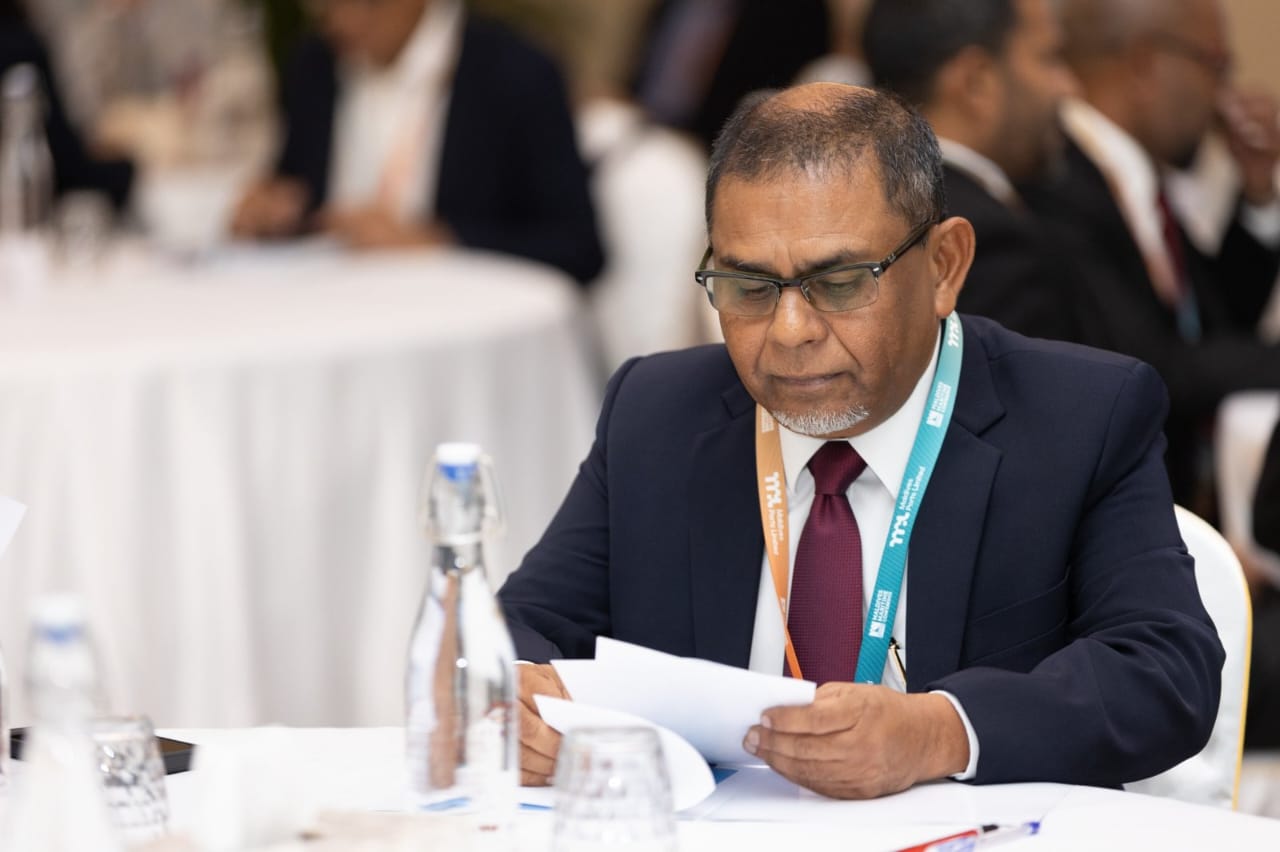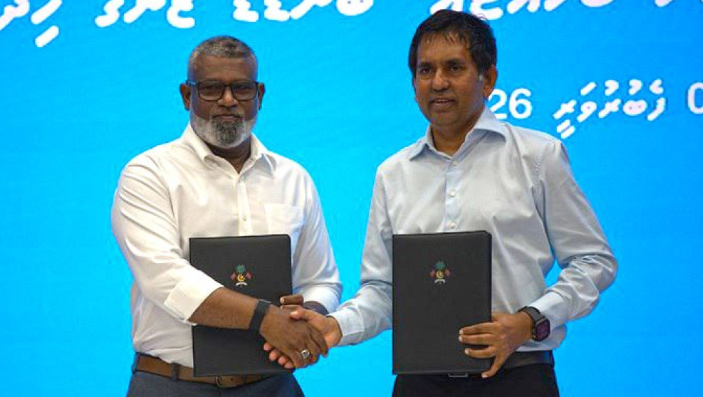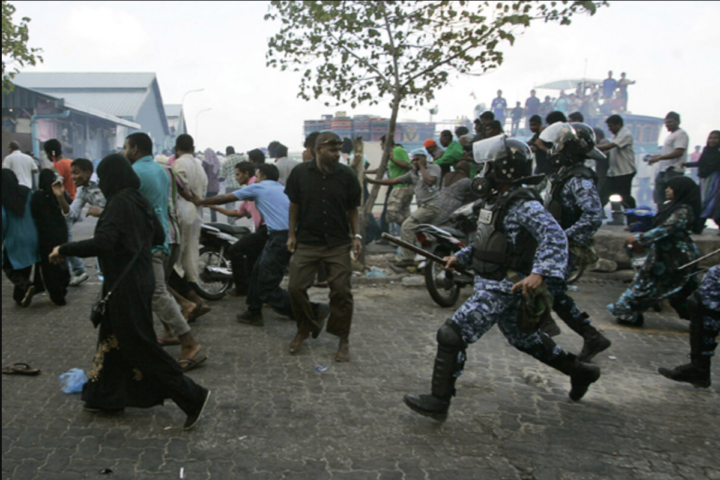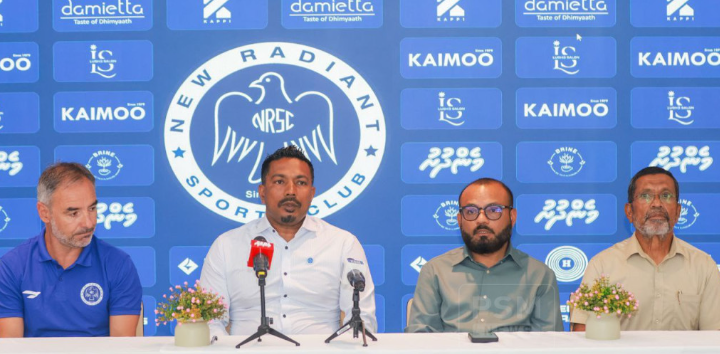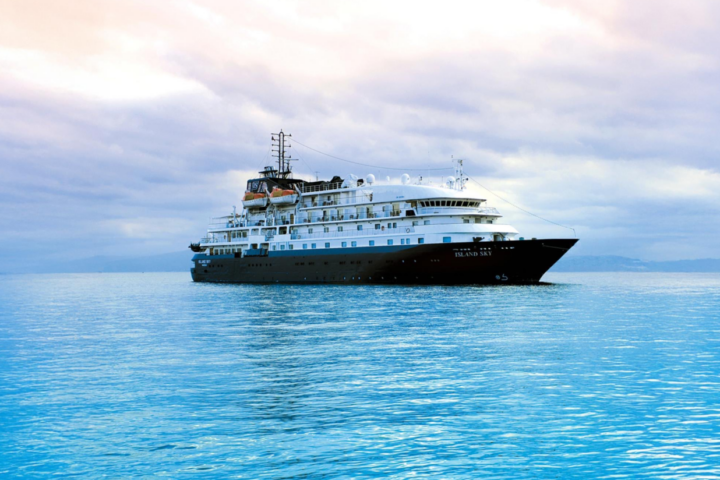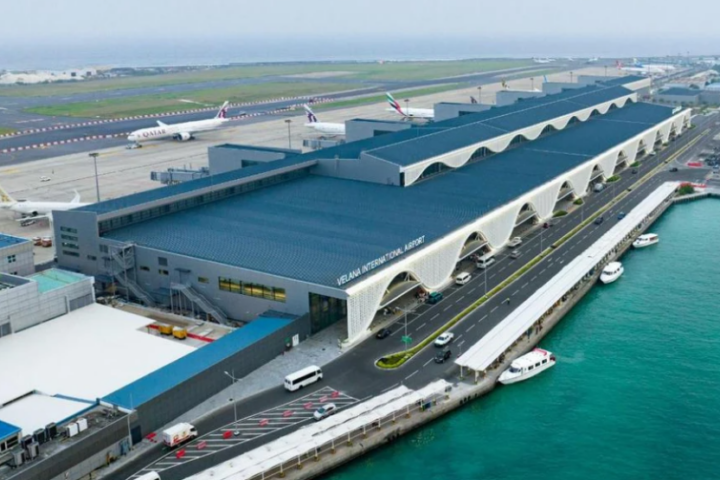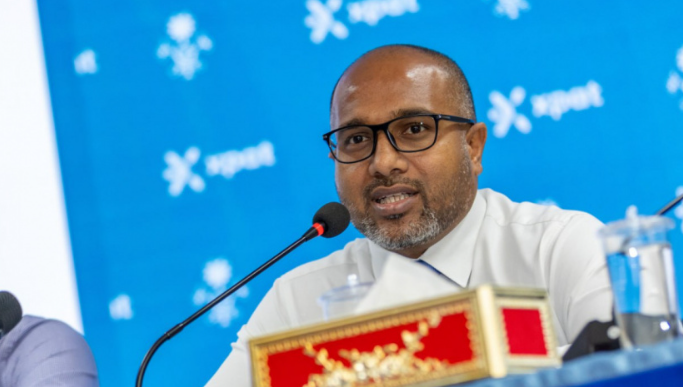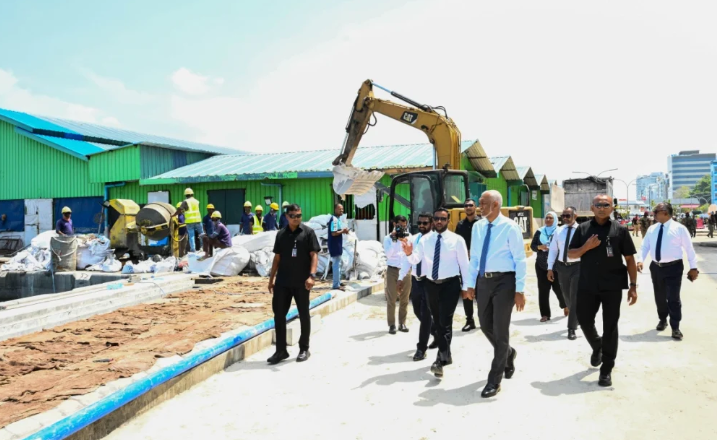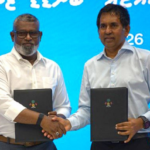Mohammed Wajeeh Ibrahim is feeling confident these days about the ability of Maldives Ports Limited, the state-owned company he leads, to handle surging trade as the nation embarks on an ambitious overhaul of its maritime infrastructure.
In an interview on the sidelines of an international shipping conference here, Mr. Wajeeh ticked off a number of upgrades aimed at easing longstanding bottlenecks, from boosting the capital’s port capacity for handling containers to smoothing the flow of perishable goods imports.
“We have achieved a lot in a short period of time,” he said, while allowing that it is up to others to judge his and his team’s performance since he assumed leadership of the government-run ports operator.
Among the most tangible changes, Mr. Wajeeh said, is an increase in the daily servicing capacity at the Port of Malé to 3,500 containers, up from just 2,500 when he started. Chronic delays in clearing cargo, he insisted, are now a thing of the past.
Ahead of the holy month of Ramadan, when demand for imported produce like fruits and vegetables spikes, the company has readied a new dedicated zone at the capital’s port for expediting the handling of perishables shipped in from India and elsewhere.
“We can now serve four ships at once in this area,” Mr. Wajeeh said of the new perishables’ facility. “It’s a service we didn’t have before.”
The chief executive also highlighted an array of equipment upgrades and the introduction of new vehicular fleets to iron out snarls in the ports’ ground operations.
Beyond Malé, the state-run company has overseen improvements at the nation’s other major commercial ports as well, which Mr. Wajeeh supervises. That includes the launch of bunkering services at the southern Addu City’s harbor, a first for the two-decade-old port.
“This will be developed further in phases,” he said of the bunkering operations, which can serve international shipping traffic.
The initiatives come as the island archipelago pursues an economic diversification strategy centered on elevating its maritime trade profile. The ultimate vision is for the Maldives to position itself as a regional hub for trans-shipment of cargo between Asia and the Middle East.
While the Maldives currently lacks the scale of mega-ports like those in neighboring Sri Lanka, the country’s operators are hoping that overdue modernization and growth in shipping volumes will enable them to gradually muscle into the lucrative trans-shipment business.
At the maritime conference in Malé on Wednesday, where the Maldives laid out a plan to relocate and dramatically expand its main international port, Mr. Wajeeh’s company sought input and expertise from established global players on how to bring that ambition to fruition.
Whether the Maldivian upstart can truly revolutionize its maritime trade standing remains to be seen. But under Mr. Wajeeh’s leadership, Maldives Ports Limited is clearly positioning itself to ride — and, it hopes, help steer — that wave of change.
